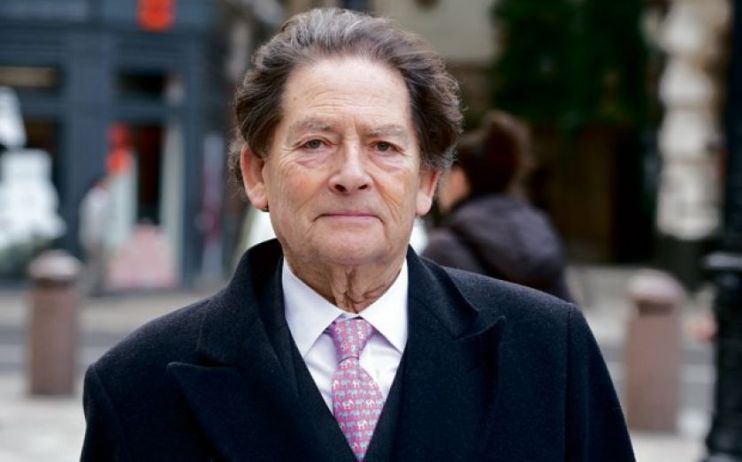Nigel Lawson and the City: If you seek his monument, look around

It is always tempting to look at the past through sepia-tinted glasses, and say it was better back when. But in the case of Nigel Lawson’s time in government, it is undoubtedly true.
The tributes that have flowed in to the former Chancellor this morning invariably include two great qualities: an intellectual curiosity and a willingness to make, and stick with, decisions.
Lawson’s list of achievements are lengthy: a reforming Chancellor who presided over a genuinely transformative period in the UK economy. He was a key part of turning the City’s fortunes around, giving it the ability not just to compete against global financial centres but outdo them. Above all, it was the tax system he most altered: corporation tax, VAT, national insurance were all radically altered, as was the top rate of tax – reduced from 60 to 40 per cent.
He did these things not because they were necessarily popular but because he knew they were the right thing to do.
The Big Bang. for instance.
As Lawson recounted twenty years later, the reforms of the City of London began with a deeply unpopular decision, even amongst the Cabinet.
Lawson called off an Office of Fair Trading investigation into the stock exchange in return for a promise from the City’s leading institution to reform itself – and quickly. The decision, as he notes, prompted “predictable outrage” from Labour and even Margaret Thatcher was apprehensive. It turned into the beginning of radical reforms which would give the City a fighting chance.
Not for him the focus groups that stultify our politics today, nor the concerns about the ‘optics’ – he was the last Chancellor to drink at the despatch box, a mix of wine and water, whilst delivering the budget.
How we miss those who would take such difficult decisions, or those who might think genuinely ‘big thoughts’ – Lawson, it has been noted, was years ahead of his time with his desire to make the Bank of England independent.
The former Chancellor has left his mark – certainly in the Square Mile and Canary Wharf. Christopher Wren’s tomb in St Paul’s reads Si momentum requiris circumspice; if you seek his monument, look around. The same, in his own way, can be said of Lawson. Simply put, the modern City – the modern Britain – would not exist without him.
